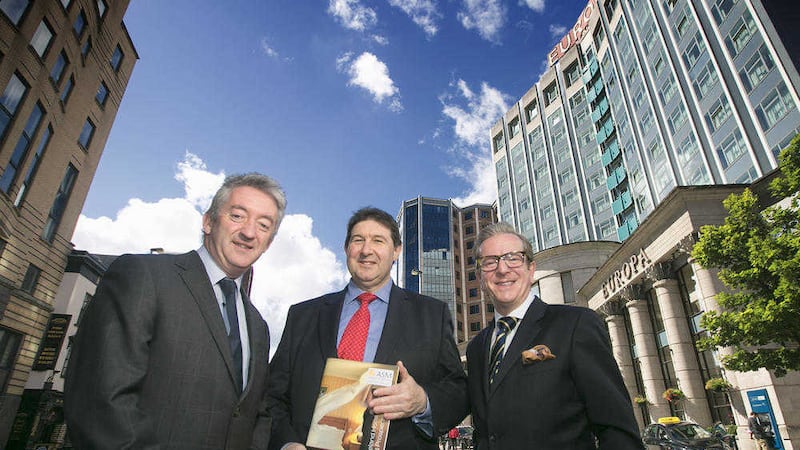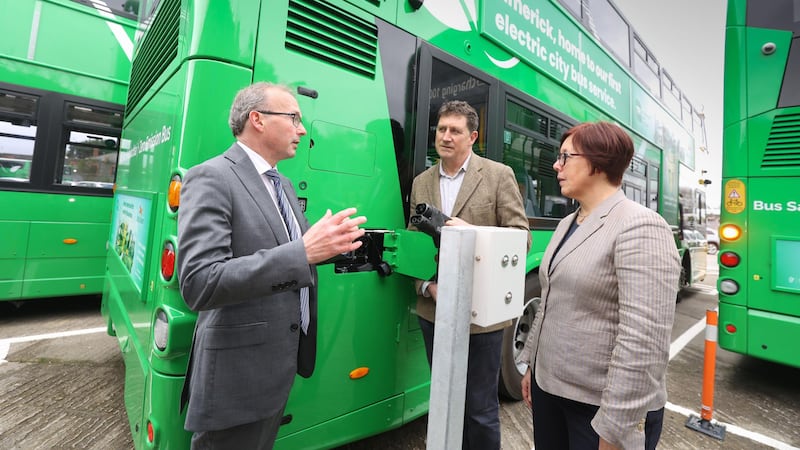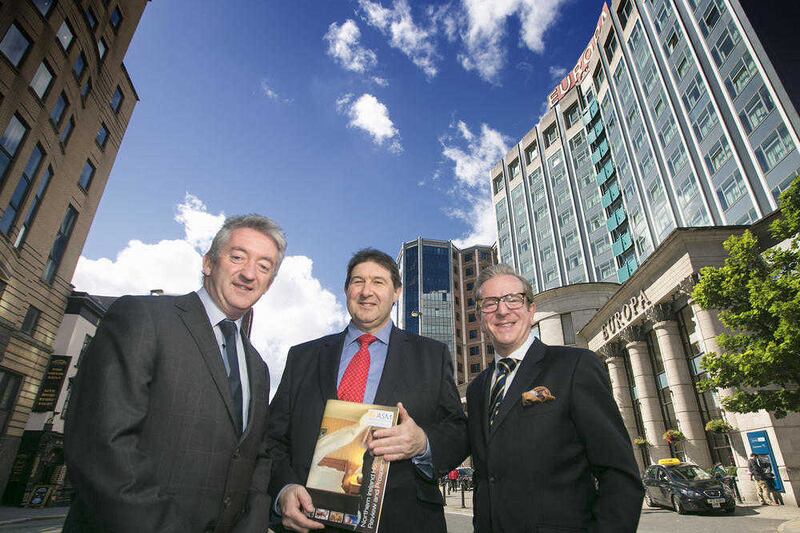THE north's hotel industry is lamenting another year of declining numbers of overnight stays by tourists from the Republic of Ireland.
The latest annual hotel industry survey by ASM Chartered Accountants shows bedroom occupancy rates rose to a record high 77.5 per cent in 2015 - up from 76 per cent the previous year.
Room rates meanwhile were up more than five per cent from £70.78 a night to £74.91, which was an all-time high.
But for the second year running, the ratio of bedroom bookings by visitors from southern Ireland slumped tojust 8.9 per cent.
And the authors of the report blamed this on exchange rate differentials allied to the north's 20 tourism VAT rate, which is more than double the Republic's 9 per cent mark.
The dearth of southerners was offset to a degree by the number of rooms occupied by visitors from continental Europe and from North America.
And although these markets are relatively modest in scale, they are important as these visitors are likely to stay longer and spend more when they are here.
Other key findings in the ASM study, which collates detailed trading information from hotel businesses and is seen as a key barometer of the wider tourism industry's performance, includes:
:: Demand for hotel bedrooms in 2015 increased to a record high occupancy rate of 77.5 per cent across Northern Ireland;
:: The average price a guest pays for a room, excluding VAT, increased by 5.8 per cent to £74.91;
:: Combining these two measures gives the room yield, or revenue per available room, where the average for 2015 was £58.05 (up 7.9 per cent);
:: Total revenues per room, which includes income from all hotel activities, increased by 3.4 per cent to £46,133 in 2015;
:: Overall revenues from hotel operations other than bedrooms was flat; and
:: Average profit before rent, interest, depreciation, amortisation and tax declined by 6 per cent in 2015 to an average of £9,190 per room because of higher operating costs, with property maintenance expenditure in particular showing steep growth over 2014.
Michael Williamson, Director of Consulting at ASM, said there were material regional variations in 2015 hotel performance.
Belfast hoteliers, for example, experienced very high levels ofroom demand with an average bedroom occupancy rate for the year of 81.9 per cent which led to a 6.5 per cent increase in average room rates during the year to a city wide average of £78.03.
By contrast, hotels in Derry City experienced a slightly lower level of demand for bedrooms, with average occupancy at 68.1 per cent compared to 69 per cent in 2014.
Although Northern Ireland has a higher proportion of four-star hotels and bedrooms than any other category, it was this segment which experienced the most dramatic fortunes during 2015, with overall sales flat compared to 2014, but profit before interest and tax declining by 17 per cent year on year.
But at the luxury end of the market five-star hotels experienced income growth of five per cent while there was a 14 per cent uplift in mid-market accommodation.
Mr Williamson said: "The World Tourism Organisation estimates that global tourism grew by four per cent in 2015 compared to 2014 and continues to grow at a rate that is in excess of industrial growth.
"While this is good news for the industry overall, we must recognise that it is an extremely competitive marketplace which continues to evolve and which relies heavily on promotional spend.
"As a destination, we need to ensure that austerity measures do not constrain our ability to continue the recent momentum of profile building and we need to drive home the message that Northern Ireland is a unique, friendly, high quality, diverse and interesting destination for all types of visitor.”
Plans are under consideration for at least 10 new Belfast hotels, with the Hastings Hotels Group having invested £30m to convert Windsor House into a 200-bedroom hotel, creating 150 jobs for the city by 2018.
Tourism as a whole in Northern Ireland is worth close to £800 million to the economy and supports 43,000 jobs.



